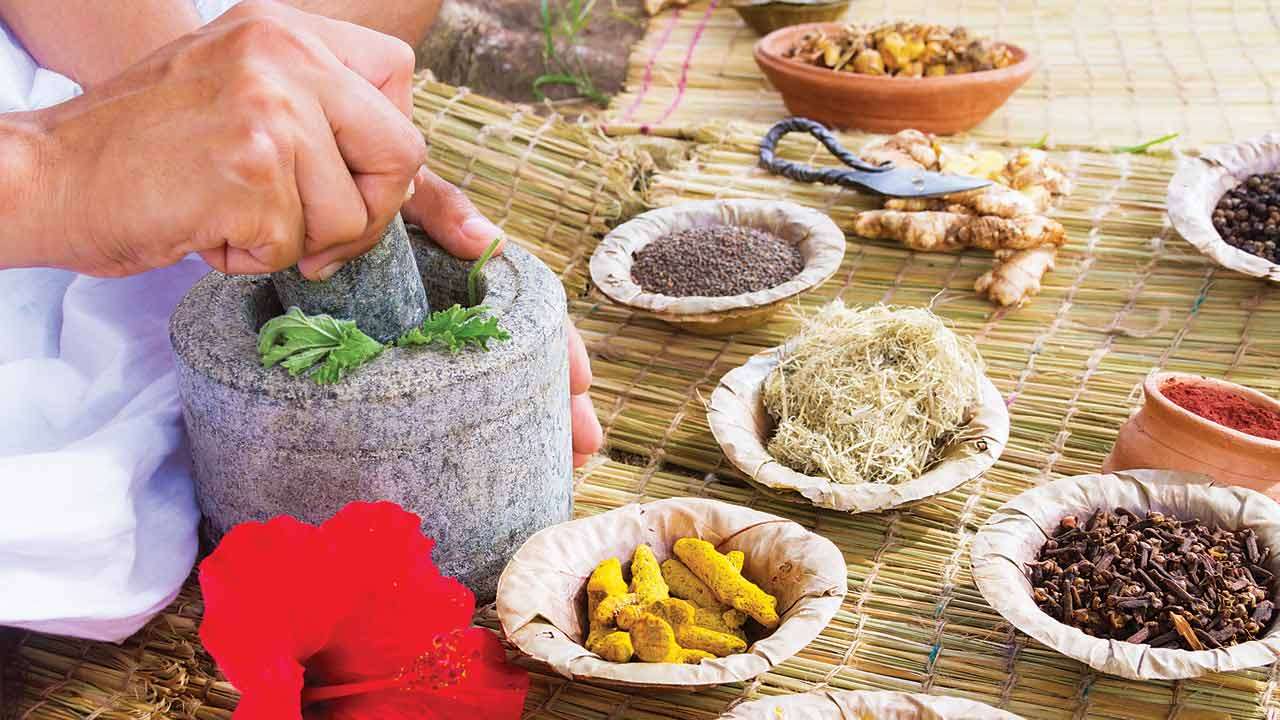
Many of us have benefitted from Ayurveda to the extent other treatments might not have offered or as effectively as this one. People usually go to Ayurvedic experts only after they cross the limits of the allopathic system.
Showing results in old chronic diseases is not easy. However, since viable results are still showing, it means we need to ask ourselves as to how we can create synergy among Ayush systems and between Ayush & allopathic systems.
We will have to modify the education curriculum of all pathies to understand, appreciate and assimilate each other's strengths. China has done it very well. I had once suggested that a delegation of Ayush experts and Indian Council of Medical Research (ICMR) representatives be sent to China and find out how in the same hospital various lines of treatments are fused by patients and doctors. It did not happen when I had coordinated a three-tier programme for innovations in Ayush ministry 7-8 years ago.
But hopefully, it will happen now when we have an Ayurvedic expert as a secretary. On the same floor, the patient has a choice to have allopathic, TCM (Traditional Chinese Medicine), including acupuncture and other complementary systems. Doctor and patient decide what is best for them.
We need to take several steps to help the Ayurvedic system become port of the first call. Will share more ideas on dec14 at World Ayurvedic Conference in Ahmedabad.
A) We should collaborate with various institutions like SRISTI, NIF, FRLHT, NBRI, MzoEF, AYUSH, CSIR, ICAR, ICMR, DBT, GIAN etc.; and update the pharmacopoeia of Ayurvedic drugs. Obviously, our society has not remained standstill after Ayurvedic texts were compiled thousand years ago. New discoveries have been made, validated in many cases and these need to expand the repertoire of Ayurvedic experts.
B) It is true that most Ayurvedic practices have been vetoed over millennia and this have stood the rest of time. But the organisms causing diseases have mutated, modified, socio-ecological system as evolved, industrialisation has caused tremendous pollution, food has pesticide residues and water May have impurities too. All these conditions have modified the human-drug interfaces. We need to collect scientific evidence using modern tools to establish the effectiveness of many treatments. It's not going to be simple. New tools of biostatistics will have to be used to study the interaction of multi-molecule multi-dose and multi-target interaction in the human body.
C) The Ayurvedic researchers, particularly students, have to use rigorous statistical tools to collect scientific evidence for various treatments with proper benchmarks on agreed indicators with allopathic Systems. This will help create bridges across disciplines.
D) Large long-term observational trials need to be taken up by multi-disciplinary teams to document science underlying functional healing pathways.
The rich wisdom of traditional healers must be accessed using the philosophy of Honeybee network. The prior informed consent, reciprocal, responsible and respectful relations between informal and formal Knowledge systems; fair and just benefit sharing now enshrined in biodiversity convention and authority based systems. I hope that soon through a robust synergy along different systems of healing, a unique model of holistic healing and well being will evolve not just for India but the whole world.
The author is founder of Honey Bee Network & visiting faculty at IIM-A
anilgb@gmail.com